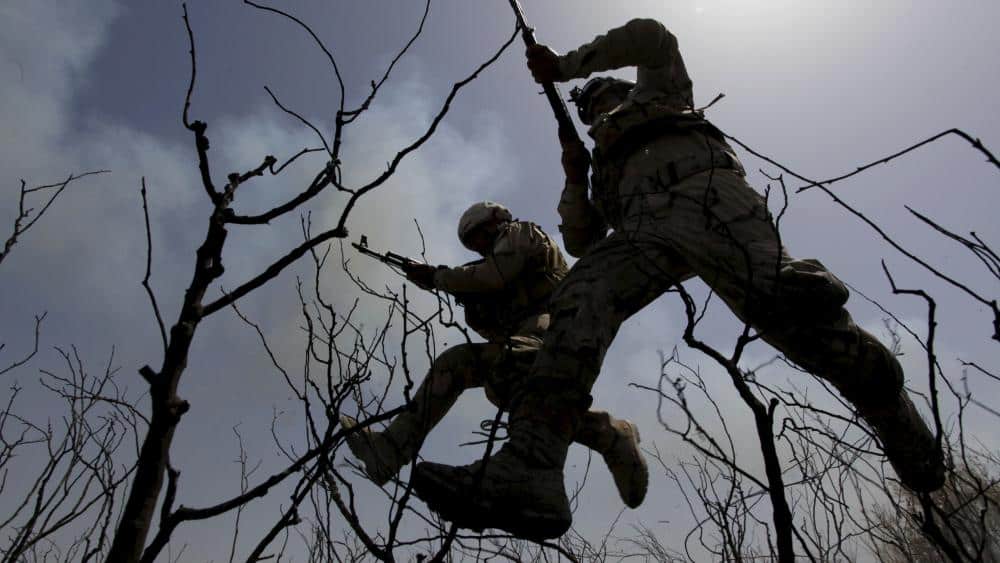RAND Report: Will to Fight – Returning to the Human Fundamentals of War

In 2018, RAND published two reports for the U.S. Army describing will to fight. Arguably, will to fight is the single most important factor in war. Will to fight is the disposition and decision to fight, to keep fighting, and to win. The best technology in the world is useless without the force of will to use it and to keep using it even as casualties mount and unexpected calamities arise. Will to fight represents the indelibly human nature of warfare.
With very few exceptions, all wars and almost all battles are decided by matters of human will: Breaking the enemy’s will to fight while sustaining one’s own will to fight is the key to success in battle. But as focus on technology increases, the essentially human nature of war is all but ignored. Lack of focus on will to fight has created a dangerous gap in American military practice.
We must improve our understanding of will to fight.
The use of force demands that we should understand our own natures, for the most basic and the most complicated weapon system is man.
Brigadier General Shelford Bidwell, Modern Warfare: A Study of Men, Weapons and Theories — 1973
On the surface, the American military officially adopts the view of war as a contest of opposing, independent, and irreconcilable wills. But when it comes to practice — planning for and fighting wars — these theories often amount to little more than lip service. The integration of will to fight concepts into military education, training, planning, assessments, international engagement, and operations is glaringly sparse. In most cases, American and allied military professionals view war through the lens of technology and physical effects.
Gaps in Military Doctrine
In 2016 the U.S. Joint Staff identified a yawning gap in the understanding of partner and adversary will to fight:
Recent failure to translate military gains into strategic success reflects, to some extent, the Joint Force’s tendency to focus primarily on affecting the material capabilities — including hardware and personnel — of adversaries and friends, rather than their will to develop and employ capabilities. . . . A failure to grasp human aspects can, and often will, result in a prolonged struggle and an inability to achieve strategic goals.
Improving understanding of will to fight might not be a panacea; war is not won by silver bullets. But if will to fight is the most important factor in war — or just a very important factor that is routinely overlooked or misunderstood — then improvement is absolutely necessary. Ignoring will to fight can contribute to tactical or even strategic defeat.
For full report visit the link below:





